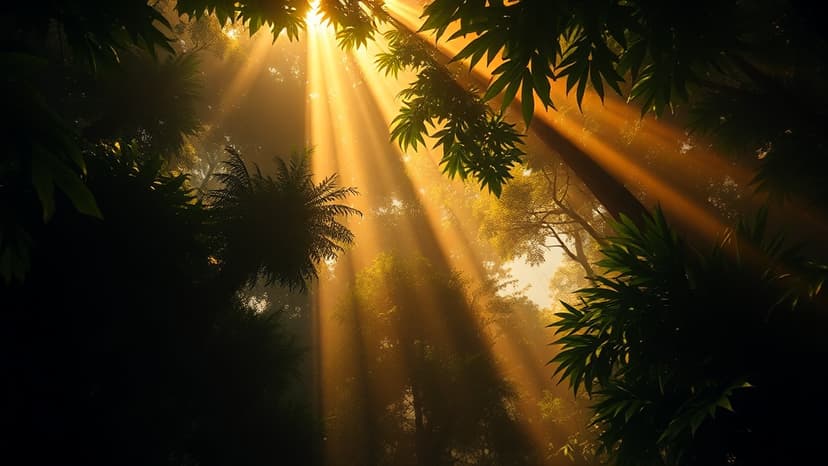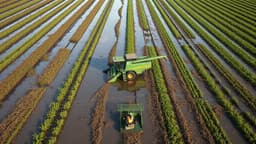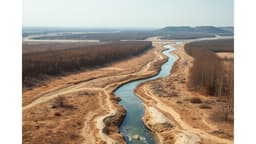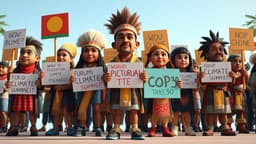Home / Environment / Brazil Wrestles with Balancing Climate and Development Ahead of COP30
Brazil Wrestles with Balancing Climate and Development Ahead of COP30
17 Nov, 2025
Summary
- Brazil's domestic environmental policy in disarray as it hosts COP30 climate talks
- Lula pushes ahead with oil drilling and Amazon highway despite deforestation drop
- Developing nations struggle to prioritize climate over economic growth

In November 2025, Brazil is hosting the COP30 United Nations climate talks in the Amazon rainforest, aiming to cement its status as a global environmental leader under President Luiz Inácio Lula da Silva. However, the country's domestic environmental policy is in disarray, undermining its ability to provide a counterpoint to the Trump administration's efforts to promote fossil fuels.
Despite Lula's rhetoric and a 50% drop in Amazon deforestation compared to the last year of the Bolsonaro administration, the Brazilian government has approved new offshore oil drilling near the Amazon River and is seeking to pave a highway through the heart of the rainforest. This has drawn criticism from environmental groups, who argue that Lula's actions do not match his climate commitments.
The challenge facing Brazil is emblematic of the broader struggle developing nations are experiencing as they try to balance economic development with their climate goals. Countries like China, India, and Brazil are now responsible for the vast majority of growth in greenhouse gas emissions, as richer nations adopt green technology. Lula, who rose through the ranks of a steelworkers union, has always favored industrial development as a means to lift Brazilians out of poverty, complicating the nation's climate transition.
Experts say that while Lula has incorporated some environmental rhetoric, in practice, he maintains a "clear developmentalist streak." The Brazilian Congress, increasingly controlled by Bolsonaro allies, has also voted to weaken environmental permitting laws, further undermining the country's climate efforts.




